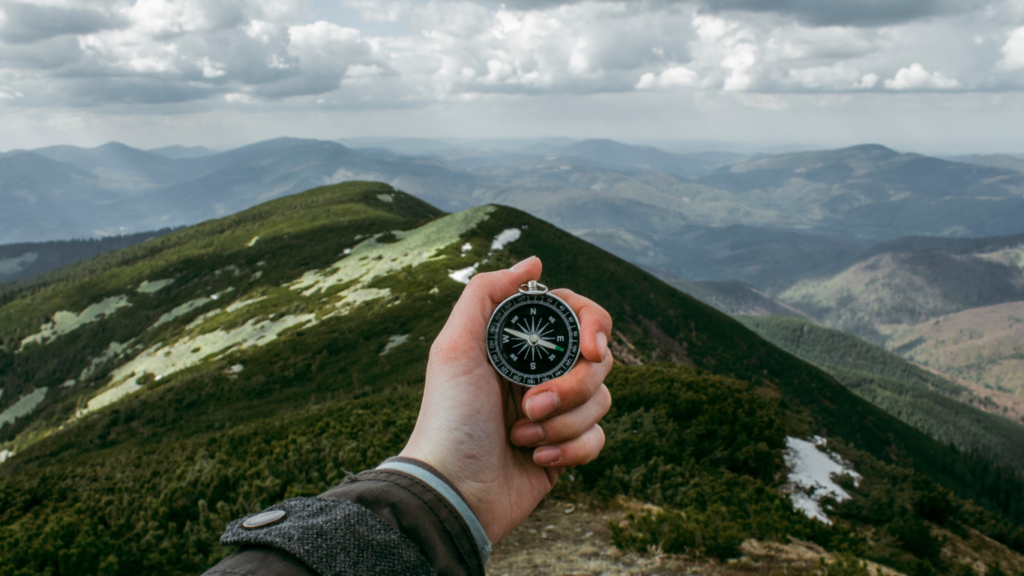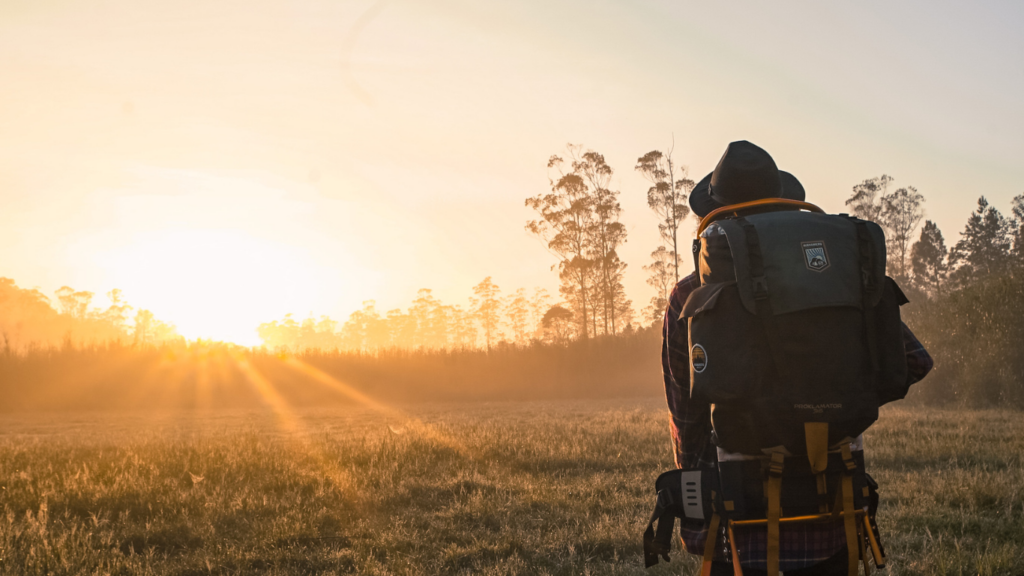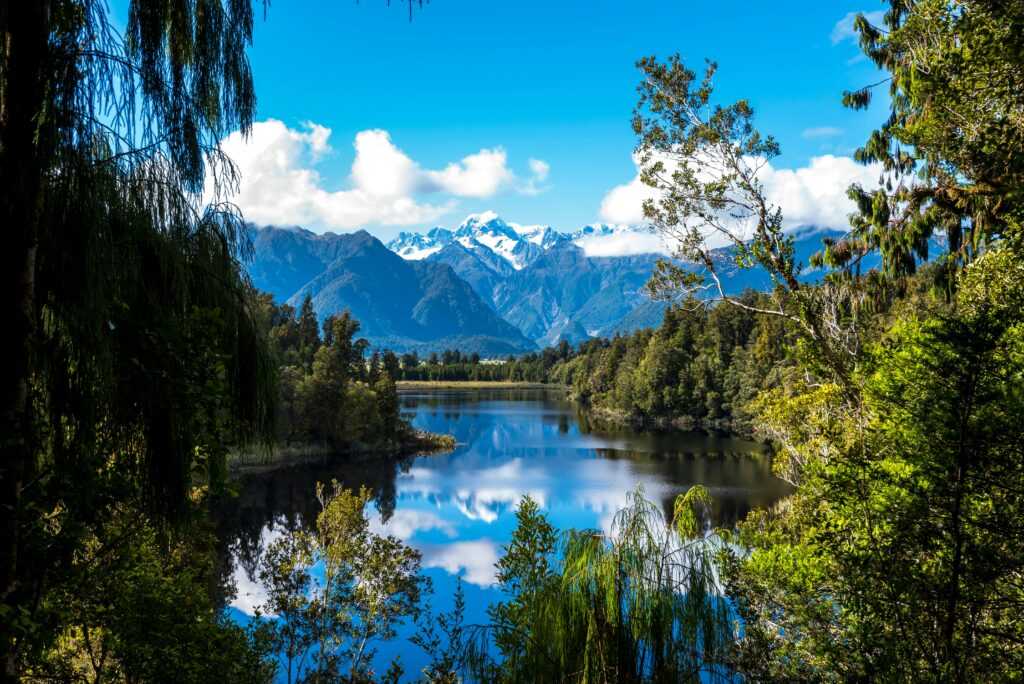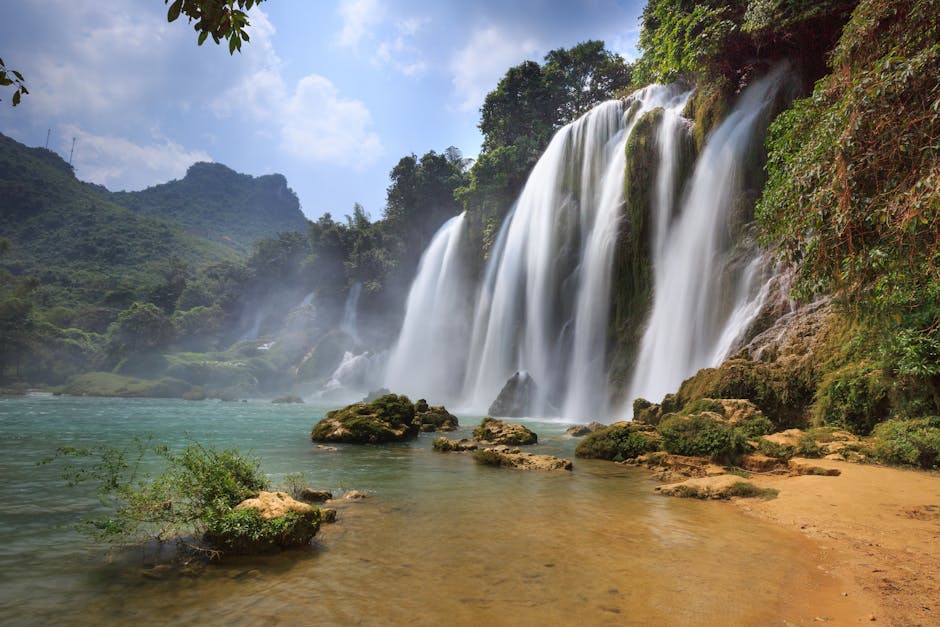Understanding Adventure Travel
Adventure travel focuses on engaging with the environment through physical activities like hiking, diving, and mountain climbing. It’s about immersing oneself in nature and culture while seeking exhilarating experiences. Unlike conventional vacations, where lounging by the pool or visiting tourist attractions might be the norm, adventure travel demands more active participation from travelers.
Adventures can range from simple day hikes in local parks to extensive expeditions in remote areas. Exploring different terrains, whether on foot or by other means, provides a deeper connection with the surroundings. Even budget travelers can embark on these journeys, often finding that nature-based adventures cost less than traditional tourism.
Key characteristics of adventure travel include:
- physical activity
- a connection with nature
- cultural immersion
Physical activities form the core, requiring good preparation and equipment. For example, hiking needs sturdy shoes, water, and navigation tools. Similarly, diving requires proper training and gear to ensure safety and enjoyment.
Adventure travelers often seek unique experiences and personal growth. These trips foster resilience, self-reliance, and adaptability. Engaging with locals and understanding different cultures brings added depth to the travel experience.
Budgeting for Your Adventure Trip

Adventure travel offers thrilling experiences without breaking the bank. Proper budgeting ensures you maximize your trip’s potential and stay within financial limits.
Setting a Realistic Budget
Estimate overall costs by researching destinations, activities, accommodation, and transportation. Allocate specific funds for each category. For example, if your trip is a two-week hiking adventure in the Rockies, research average costs for campgrounds, park entry fees, and gear rentals. Factor in daily expenses like food and incidentals. Include a 10-20% buffer for unexpected costs. Prioritize keeping track of your expenses to avoid overspending.
Prioritizing Expenses
Identify essential costs first. Accommodation and transportation typically consume large portions of the budget. Opt for budget-friendly options like hostels, guesthouses, or public transport. For a diving trip in Thailand, consider public buses and budget lodgings. Next, allocate funds for activities and gear. Take advantage of free or low-cost adventures, like hiking or snorkeling. Limit spending on dining out by cooking meals or eating local street food. Reassess non-essential expenses to ensure they don’t compromise the core of your adventure experience.
Finding Affordable Destinations
Balancing cost and adventure is key to finding affordable destinations. I’ll explore options for both domestic and international travel, highlighting the benefits of off-peak travel.
Domestic vs. International
Domestic travel offers cost advantages over international trips. There’s no need for passports or visas, reducing expenses. I find that domestic destinations often have lower transportation costs and fewer currency exchange issues. For instance, national parks and lesser-known locales provide great adventure experiences without hefty price tags.
International travel can still be affordable if done strategically. Countries with favorable exchange rates and lower living costs can stretch your budget. Southeast Asian countries like Thailand and Indonesia, for example, offer cheap accommodation, food, and activities. I always research and compare the costs before deciding between domestic and international options.
Off-Peak Travel Advantages
Traveling during off-peak seasons significantly cuts costs on flights and accommodations. I notice that tourism-heavy destinations offer discounts during their slower months, which means fewer crowds and more affordable rates. For example, visiting European cities in winter or tropical countries during their rainy season can lead to substantial savings.
Moreover, off-peak travel provides a more authentic experience. Locals are more accessible and willing to engage without the tourist rush. I find that exploring a destination during its low season allows for deeper cultural immersion and unique adventures.
By carefully selecting domestic or international destinations and considering off-peak travel, I ensure my adventure trips stay within budget without compromising on the experience.
Cost-Effective Travel Tips
Adventure travel doesn’t need to break the bank. By focusing on a few key areas, it’s possible to make the most of your budget without sacrificing experiences.
Transportation Savings
Choosing the right transportation can significantly reduce travel costs. Opt for budget airlines rather than major carriers when flying, and take advantage of fare comparison websites like Skyscanner and Google Flights. For short distances, consider buses or trains, as they often offer cheaper alternatives to flying. To save more, use local transportation or rent a bicycle instead of relying on taxis or ride-hailing services.
Budget Accommodations
Accommodation can eat up a substantial part of your budget if you’re not careful. Look for budget-friendly options like hostels, guesthouses, or Airbnb rentals. Websites like Hostelworld and Booking.com can help find affordable stays. Couchsurfing offers a free alternative, letting you stay with locals and gain a more authentic experience. When traveling in groups, consider shared accommodations to split costs.
Saving on Food and Supplies
Food expenses can add up quickly, but there are ways to keep them in check. Avoid eating at tourist spots; instead, dine where locals eat for more affordable, authentic meals. Grocery shopping and cooking your meals also save money. Pack essential supplies before your trip, like reusable water bottles, snacks, and basic toiletries, to avoid pricier options at tourist destinations.
By strategically managing these areas, adventure travel becomes more affordable and equally enjoyable.
Essential Gear on a Budget
Packing essential gear doesn’t mean breaking the bank. Here are some cost-effective options to ensure an adventurous yet affordable trip.
Must-Have Equipment
Prioritize multifunctional items. A durable backpack with multiple compartments helps keep gear organized. Good-quality hiking boots are a necessity for any terrain. Carry a compact, lightweight sleeping bag for camping adventures.
Consider budget-friendly alternatives. Opt for synthetic clothing instead of expensive merino wool. Look for deals on essential items like a portable stove for cooking and a reliable water filtration system. Purchase a basic first-aid kit, and customize it with personal medications.
Renting vs. Buying
Evaluate trip frequency before deciding. If you travel often, investing in gear saves money over time. For infrequent trips, renting is more economical. Many outdoor shops and online services offer affordable rental options.
Research rental options. Sites like Outdoors Geek and REI Co-op provide high-quality gear at rental rates. Compare prices and read reviews to find the best deals. When buying, check for sales or second-hand gear at thrift stores and online marketplaces like eBay.
Being budget-conscious doesn’t mean sacrificing quality. With the right strategies, it’s possible to equip yourself for adventure without overspending.
Maximizing Your Experience While Saving Money
Adventure travel on a budget means maximizing experiences without financial stress. Focusing on cost-effective strategies enhances the journey.
Free and Low-Cost Activities
Exploring free and low-cost activities keeps expenses minimal. Many towns and cities offer free walking tours, which provide insights into local history and culture. Hiking is another budget-friendly option that allows immersive experiences in nature. Visiting public parks, museums with free admission days, and local festivals also presents opportunities to enjoy the destination without high costs. Checking community event calendars can reveal free concerts and local markets, adding unique experiences to the trip.
Local Experiences and Culture
Diving into local experiences and culture enriches your adventure without enlarging your budget.
- Interacting with locals often leads to discovering hidden gems and authentic spots.
- Staying in locally-owned accommodations, like guesthouses or hostels, supports the community and often includes insider tips on affordable attractions.
- Participating in cultural exchanges or volunteering programs not only deepens understanding but may provide free lodging or meals.
- Utilizing public transportation instead of taxis provides a genuine view of everyday life while saving money as well.




